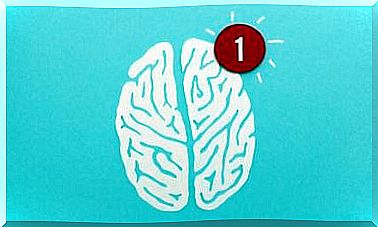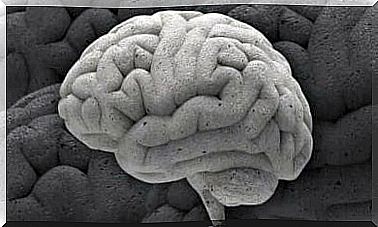Human Microbiota And Addiction

Due to the large number of contributing factors, addiction is often a very difficult type of disorder to treat. As such, research is still ongoing on the various mechanisms and possible treatment options. Today we know much more about the various factors that can trigger addiction, including the human microbiota’s role in detoxification and abstinence.
Microbiota are microbes that live in the mouth, vagina, skin and intestines. Researchers have already linked this ecosystem to a number of other pathologies, such as autism, Parkinson’s disease, anxiety and schizophrenia. In fact, it also seems to play a role in the development of addiction.
Intestinal-brain axis
Today we know that the digestive tract has its own nervous system, the enteric nervous system, which consists of more than 500 million neurons. It communicates with the central nervous system and contributes to brain balance and brain function.
Communication between these two systems is dynamic and two-way. This means that the intestinal flora can modify the neural activity of the brain, and vice versa. Because the brain is protected by the blood-brain barrier, this influence is not direct. The intestinal neurotransmitters act through the cells in the intestinal wall so that they can communicate with the central nervous system.
Experts have found that the enteric nervous system is able to produce a large proportion of neurotransmitters in our bodies, including dopamine, GABA and serotonin.
Human microbiota and addiction
Drug addiction occurs because they activate the brain’s reward system and stimulate the development of neurotransmitters, especially dopamine. This gives a very comfortable feeling that the brain quickly gets used to. As a result, it requires higher and higher doses, more and more often.
As we mentioned earlier, we now know that the enteric nervous system also produces neurotransmitters such as dopamine, and that when there is an imbalance in the intestinal microbiota, it can lead to the development of various pathologies. It can then make this ecosystem vulnerable, with quite dramatic results.
Intestinal microbiota and alcoholism
In 2014, researchers published a study that analyzed the relationship between intestinal bacteria and alcohol dependence. To do this, researchers tried to determine if there had been a change in intestinal permeability and intestinal microbiota in people suffering from alcoholism, and if it was related to their alcohol dependence.
They found that those who had leaky gut (which increases intestinal permeability) had higher anxiety levels and more severe withdrawal symptoms.
In addition, the researchers noticed changes in both the composition of the human microbiota and the activity level. They concluded that when it comes to alcohol dependence, the intestinal microbiota plays an important role and can increase the risk of relapse.
Food addiction
Experts have also looked at the relationship between food addiction and the microbiota by analyzing feces from healthy people along with their BMI and brain images. To do this, they focused on metabolites, which are produced during the breakdown of tryptophan, an amino acid found in many foods. After breakdown, it is converted to serotonin. Thus, it has a huge influence on mood and behavior.
This process has two implications. First, tryptophan leaves the body in the form of feces once it has been broken down by the intestinal bacteria. Second, a metabolite becomes involved in the intestinal-brain axis when tryptophan is converted to indole.
Researchers found that indole was related to a higher degree of obesity and an uncontrolled food intake. This is possibly due to its influence on the brain’s reward system, especially on circuits related to the amygdala.
Treatment options
These findings provide a different perspective on addiction, as well as new possible treatment options. Experts hope that restoring the balance of the intestinal flora can help alleviate some important aspects of addiction.
For example , some researchers suggest altering gut hormones. Others, however, suggested treatments that can be very effective even though they are very simple and often used in traditional Chinese medicine.
This includes options such as fecal microbiotate transplantation. This procedure basically consists of performing a fecal transplant in which doctors transfer microorganisms from a healthy donor to the intestines of a recipient.
So far , this treatment has only been shown to be effective in treating chronic colitis. Its use in the treatment of other pathologies is currently purely theoretical. However, researchers continue to investigate the role of the gut microbiota in addiction and other diseases in hopes of finding new future treatment options.









